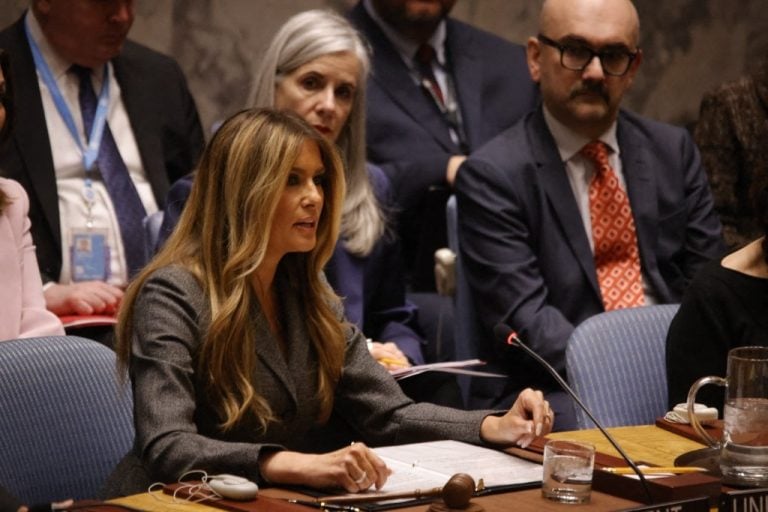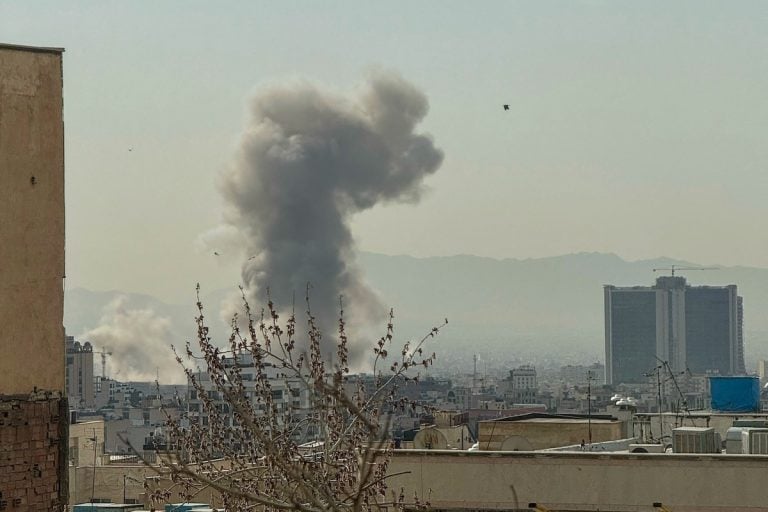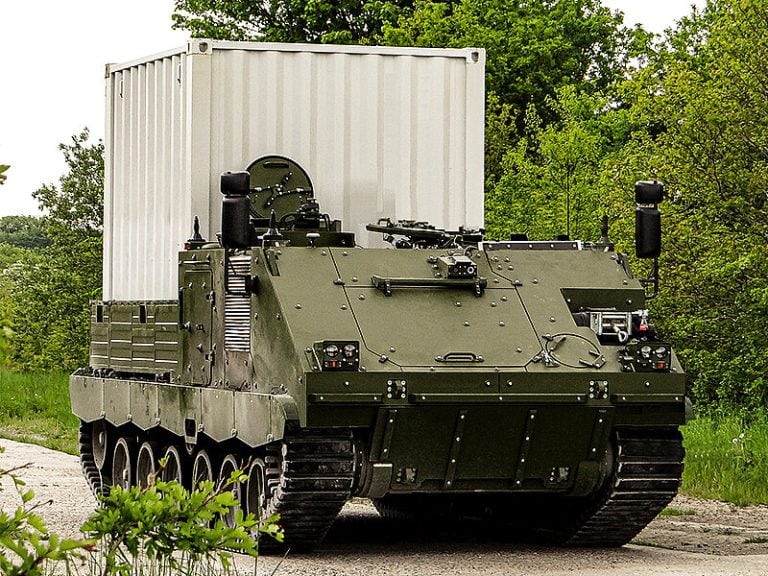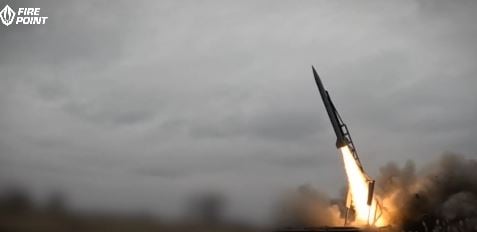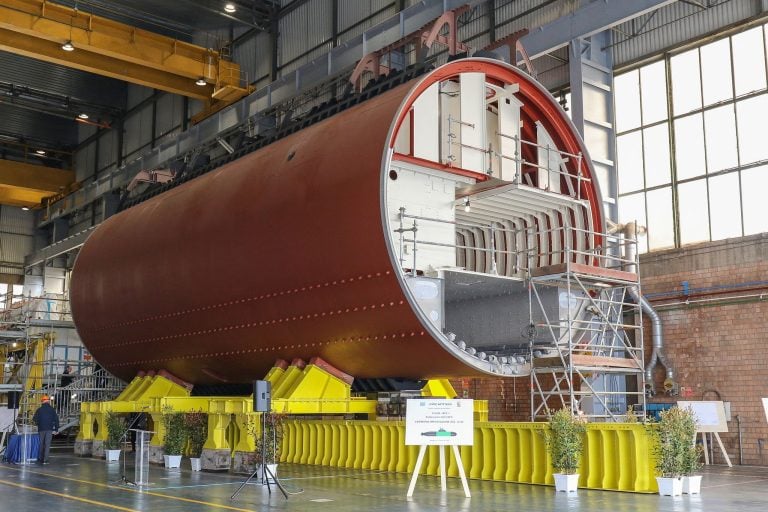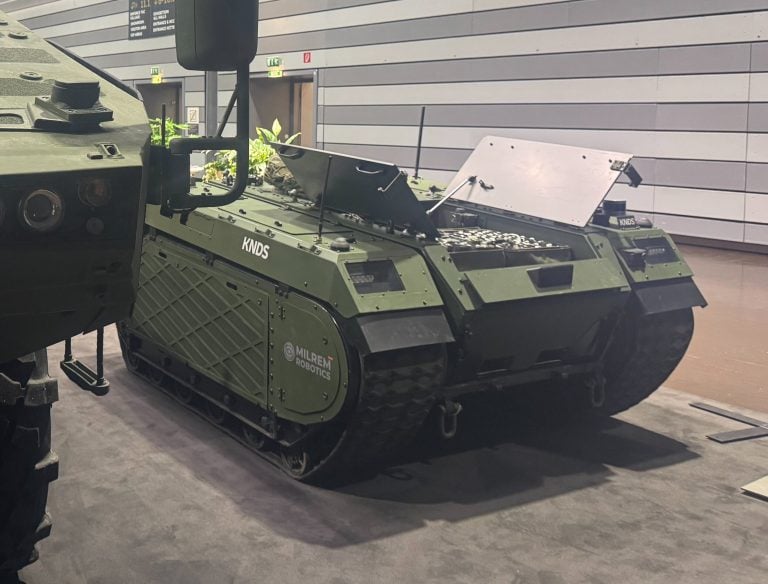Iran’s top diplomat has categorically dismissed the idea of direct negotiations with the United States, deeming such talks as futile. This statement comes in response to US President Donald Trump’s recent comments expressing a preference for direct face-to-face discussions regarding Iran’s nuclear program. In a letter addressed to Iran’s Supreme Leader Ayatollah Ali Khamenei last month, Trump suggested negotiations while simultaneously warning of military action if diplomatic efforts fail.
In a press briefing, Iranian Foreign Minister Abbas Araghchi voiced concerns over engaging directly with a country that frequently issues threats and displays inconsistent messaging from its officials. He maintained that, while Iran is committed to diplomacy and open to indirect negotiations, the prospect of direct talks lacks logic given the current geopolitical climate. “We remain serious about our national interests and sovereignty while preparing for all possible or probable events,” Araghchi stated.
Iran’s President Masoud Pezeshkian echoed this sentiment, asserting that the nation is prepared to engage in dialogue with the US on an equal basis. He questioned the sincerity of Washington’s call for negotiations, challenging the rationale behind threats made even as offers for talks are extended.
The two nations have not held formal diplomatic relations since the 1979 Islamic Revolution, although countries like Oman have attempted to mediate between them. Trump’s letter was transmitted to Iran through the United Arab Emirates, and a response from Iran was later communicated via Oman.
Furthermore, General Mohammad Bagheri, the chief of staff of Iran’s armed forces, reiterated Iran’s desire for peace in the region while emphasizing the nation’s readiness to respond decisively to any threats. His remarks highlighted Iran’s commitment to avoid initiating conflict, despite the ongoing tensions with the US and other Western nations who have long accused Tehran of pursuing nuclear weapons capabilities—a claim Iran vigorously denies, asserting that its nuclear program is strictly for civilian purposes.
The geopolitical landscape regarding Iran’s nuclear program has been fraught since the US withdrew from the 2015 Joint Comprehensive Plan of Action (JCPOA), an agreement aimed at curtailing Iran’s nuclear activities in exchange for sanctions relief. Following the US withdrawal, Iran began retracting its commitments under the deal and has since resumed advancing its nuclear program.
As tensions continue to rise, Ali Larijani, a senior adviser to Khamenei, warned that while Iran is not looking to develop nuclear weapons, it might feel compelled to consider such a direction should it face military aggression. The situation remains complex as diplomatic avenues remain precarious amid mutual distrust between Tehran and Washington.

